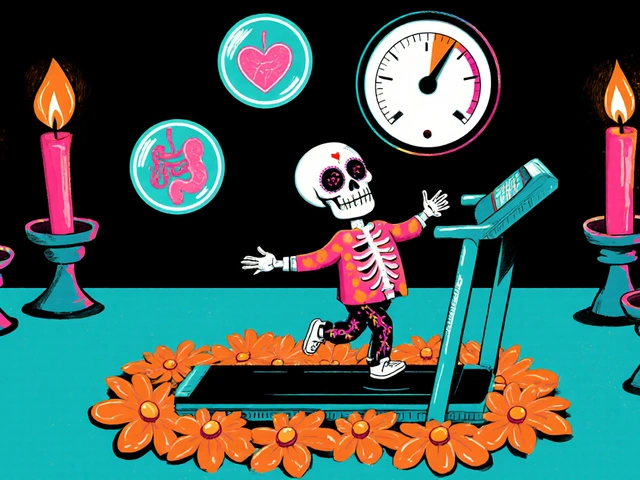Valproic acid: what it is and how to use it safely
Valproic acid (often called valproate) is a common medicine for seizures, bipolar disorder, and some types of migraine prevention. If you or someone you care for is starting valproate, you probably have questions about safety, side effects, and how to take it right. This page gives straightforward, practical answers.
How valproic acid works and who uses it
Valproate calms overactive brain activity. Doctors prescribe it for generalized and focal seizures, manic episodes in bipolar disorder, and as a preventive for certain migraines. Doses vary a lot by condition and by patient weight, so follow your prescriber’s instructions exactly.
Because the drug affects the liver and blood, doctors usually check baseline blood tests—liver function tests, a complete blood count, and sometimes drug levels in the blood—to guide dosing and detect problems early.
Side effects, big warnings, and interactions
Common side effects you might notice: nausea, tremor, drowsiness, weight gain, and hair thinning. Those can be annoying but manageable; tell your prescriber if they become severe.
There are three safety points you must know. First, valproate can damage the liver—especially in young children, people on multiple anticonvulsants, or those with metabolic disorders. Second, it can lower platelets and change clotting, so bleeding or easy bruising needs a prompt check. Third, valproate is highly teratogenic: it raises the risk of neural tube defects and developmental problems in babies. If you are pregnant, trying to get pregnant, or could become pregnant, talk to your doctor about safer options—do not stop the drug suddenly without medical advice.
Valproate can also cause high ammonia levels in the blood (hyperammonemia), which may cause confusion or reduced alertness; carnitine sometimes helps in those cases. Severe but rare problems include pancreatitis and liver failure—seek urgent care for sudden stomach pain, persistent vomiting, yellowing of the skin/eyes, or heavy bleeding.
Drug interactions matter. Valproate can increase levels of other meds (like lamotrigine) and interact with blood thinners and certain antibiotics. Always tell every provider and your pharmacist you take valproate.
Practical tips: take it the way your doctor prescribes—some forms are once daily, others split doses. If you miss a dose, take it when you remember unless it’s near the next dose; don’t double up. Don’t mix heavy alcohol use with valproate. Keep routine blood tests as ordered and keep a pill list for appointments.
If you notice new severe tiredness, sudden stomach pain, yellow skin, new bruising, confusion, or if pregnancy is possible, call your prescriber right away. For everyday questions—side effects, dosing changes, or drug interactions—your pharmacist can often give quick, useful advice.
Want more detailed articles or real patient tips? Use the search here at Pharmstore.com or contact your healthcare team for guidance tailored to your situation.

As a blogger, I want to share important information about valproic acid and its potential effects on pregnancy. Valproic acid is a medication used to treat epilepsy and bipolar disorder, but it has been linked to serious birth defects when used during pregnancy. If you or someone you love is taking valproic acid, it's crucial to discuss alternative treatment options with a healthcare provider before trying to conceive. The potential risks to the unborn child can be significant, so it's vital to be well-informed and make the best decision for your family. Remember, your health and your baby's health should always be a top priority.
Chris Gore May 13, 2023




